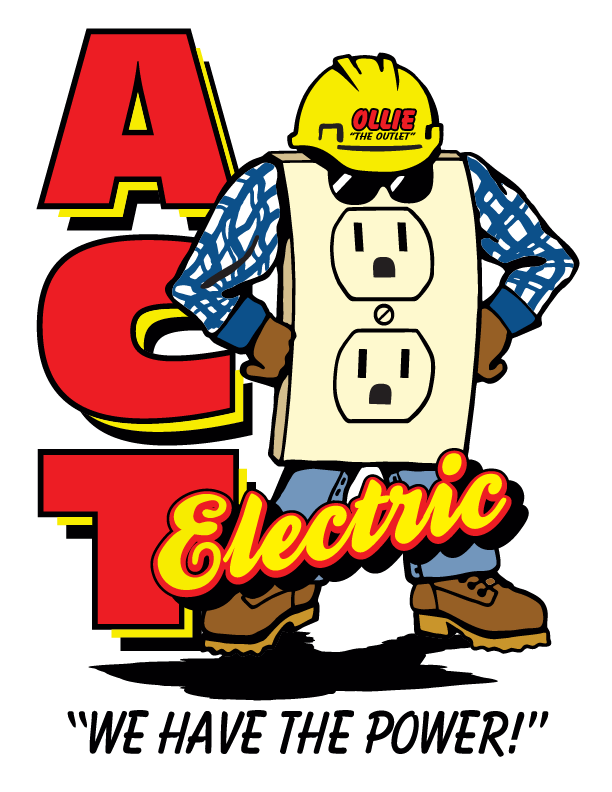The Most Dangerous Appliances in Your Kitchen
When you consider the number of heating-type appliances we have in our homes, it’s surprising that there aren’t more accidents. Back in the day, parents used to ask their children to let them sleep in by putting a paper with a picture of a piece of toast on their locked door, signaling to the children that they should make themselves toast for breakfast.
Of course, now, we shudder with horror at the thought of a child who is too young to read operating a toaster alone, since even college dormitories are meticulously careful about which appliances they allow students to use—and surprise! Toasters are often not allowed.
Most people have an excellent sense of what can be dangerous, but mindfulness goes a long way. Reviewing safety practices is a good way to keep the danger of appliances in the forefront of your thoughts, especially since we use kitchen appliances all the time.
In the interest of promoting safety around electrical appliances, we’ve compiled a list of hazards people encounter as the result of using these items:
Dishwasher--the secret devil. Not only can the steam escaping from a just-finished cycle scald you, but over 60% of all dishwashers have hazardous fungi growing in them. This article explains how to clean your dishwasher with vinegar, baking soda, and bleach.
Microwave oven--Over-boil is always a danger, and sometimes food is much hotter than we think. Everyone has heard of someone who has had something explode from the heat in their microwave. Metal in the Microwave is also a no-no, as is a microwave with a bent or warped door, or one with any damage which makes the door hard to close. Discard these units immediately.
Stove—This is your number one house fire starter (since everyone quit smoking), usually caused by inattentive cooking. Other culprits? Potholders, towels and other flammables by the stove, especially if a pet jumps on the counter, and not keeping the area free of grease. Pot handles should always be turned toward the back of the stove, and the back burners used first.
Frying is the most dangerous kitchen activity since oil can get out of hand, spatter if water is thrown on it, and spill if someone attempts to move it somewhere else. Don’t ever throw water on a grease fire! Turn off the heat and cover it with a metal lid or use an approved fire extinguisher, the one you always keep in your kitchen.
Oven— Most of the trouble from your oven comes in the form of contact burns by using the oven accessories improperly: a towel instead of an oven mitt, reaching into the oven instead of pulling out the rack to check food for doneness. Other causes: leaving the door open for any reason, Having a dirty oven or using a wet towel as an oven mitt, using the inside of the oven for storage, or changing the level of the racks after you’ve already turned on the oven.
Toaster and toaster ovens- Trifecta of the toaster: burns, shocks, and fires. One thing people sometimes do is set plastic (like the wrapped loaf of bread) back on the toaster when it’s still hot. The top of the toaster or toaster oven should never be used to store anything. Remove everything from around a toaster or toaster oven before it’s turned on, or make a habit of not putting anything close to the toaster. Don’t forget to unplug it when you’re finished using it.
Last of all, avoid wearing loose clothing, droopy jewelry while cooking is as these can catch on pot handles or catch on fire. Keep children and pets out of the kitchen while cooking.
The American Red Cross has started a campaign to reduce death and injuries from home fires by 25% by 2020. The kitchen is an excellent place to start.
ACT Electric is a full-service residential and commercial electrical contractor company specializing in electrical installation, repairs, and upgrades, electrical troubleshooting, electrical remodeling, electrical home inspection, and electrical retrofitting. We always prioritize customer comfort and safety. Give us a call at (480) 986-1722 today!


